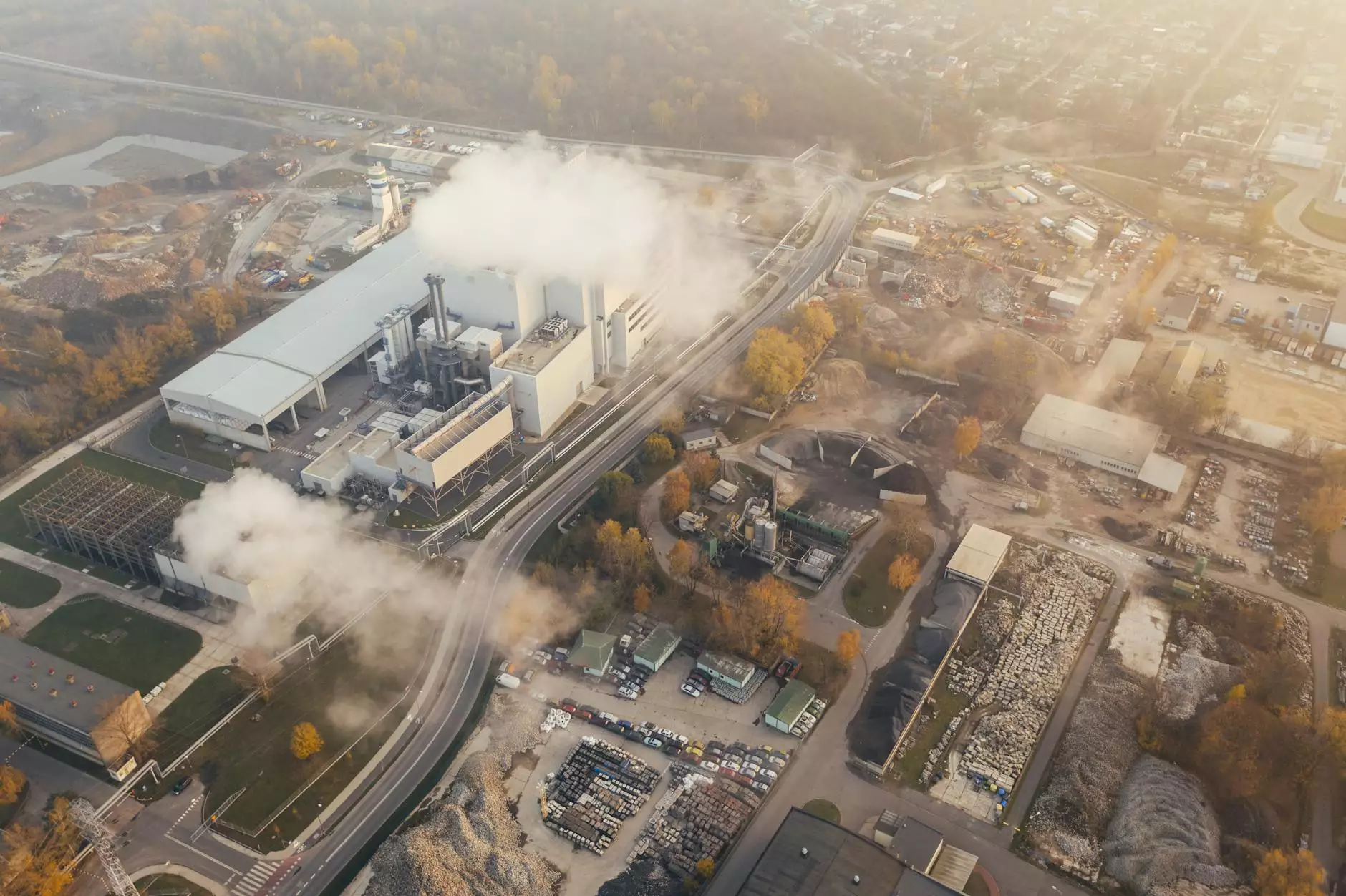Breaking down the EU Carbon Border Tax for Global Trade
International
Introduction
Welcome to Denaro Anthony D Atty, where we provide expert legal guidance on international trade and supply chain matters. In this article, we will break down the EU Carbon Border Tax and its implications for global trade.
What is the EU Carbon Border Tax?
The EU Carbon Border Tax is a policy proposed by the European Union to address carbon emissions associated with imported goods. It aims to create a level playing field for domestic industries and reduce the carbon footprint of EU imports.
How does it work?
The EU Carbon Border Tax would require importers to pay a carbon price on certain goods based on their embedded carbon emissions. This would be calculated either by the carbon content of the product or by benchmarking against the carbon intensity of EU producers.
The tax would be applied at the border, ensuring that imported goods account for their environmental impact. By internalizing the cost of carbon emissions, the EU aims to incentivize the adoption of cleaner production methods globally and protect domestic industries from unfair competition.
Implications for Global Trade
The introduction of the EU Carbon Border Tax would have significant implications for global trade. Importers, especially those from countries with high carbon-intensive industries, would face additional costs, potentially impacting market competitiveness.
However, the tax could also create opportunities for companies that prioritize sustainability and have already adopted greener practices. Such companies may gain a competitive advantage by offering low-carbon alternatives to their customers.
Challenges and Concerns
Implementing the EU Carbon Border Tax is not without challenges. One concern is the establishment of a fair and transparent system to measure and verify the carbon content of imported goods accurately.
There are also concerns regarding potential trade disputes with countries whose industries heavily rely on fossil fuels. Negotiating international agreements and ensuring compliance would be essential to avoid escalating tensions.
The Role of Legal Experts
At Denaro Anthony D Atty, our team of legal experts specializes in international trade and supply chain matters. We can provide valuable guidance to businesses navigating the complexities of the EU Carbon Border Tax.
We can help you understand the regulatory requirements, assess the impact on your operations, and explore strategies to mitigate risks and optimize compliance. Our goal is to ensure that your business thrives in a changing global trade landscape.
Conclusion
The EU Carbon Border Tax represents a significant development in global trade policy. As it progresses, understanding its intricacies and staying updated with legal requirements becomes paramount.
Denaro Anthony D Atty is here to assist you with our expertise in international trade and supply chain law. Contact us today to discuss how the EU Carbon Border Tax might affect your business and how we can support you in navigating these changes effectively.




